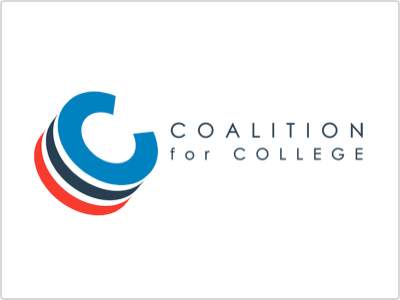The Comprehensive Guide to Early Action Decisions
Picture this: You're on the starting line of a race, heart pounding with anticipation. But instead of a traditional race, you're embarking on your college admissions journey. And to give yourself an edge, you've decided to explore the realm of early action. In this blog post, we will unravel the secrets of early action, providing you with the knowledge to navigate this advantageous application option. Get ready to discover the ins and outs of early action and take a leap toward your dream college.
FAQ: What is early action, and why is it beneficial?
Q: What is early action? A: Early action is an application option offered by many colleges and universities that allows students to apply and receive admissions decisions earlier than the regular decision deadline. It is non-binding, meaning that students are not obligated to attend if accepted.
Understanding the Ins and Outs of Early Action:
-
Early Action vs. Early Decision: It's essential to distinguish between early action and early decision. While both offer an opportunity to apply early, early decision is binding, meaning that if accepted, students are committed to attending that particular college. Early action, on the other hand, provides more flexibility and allows students to consider multiple offers before making a final decision.
-
Benefits of Early Action: Applying through early action has several benefits. It allows you to demonstrate your enthusiasm and commitment to a particular college, potentially increasing your chances of admission. It also provides the advantage of receiving admissions decisions earlier, giving you more time to plan and explore other college options if needed.
List: Key Considerations for Early Action:
-
Research Early Action Policies: Not all colleges offer the same early action options, and their policies may differ. Research the early action policies of the colleges you're interested in, including deadlines, restrictions, and any specific requirements.
-
Understand Restrictive Early Action: Some colleges offer restrictive early action, which means that while you can apply early, you are restricted from applying early to other private colleges or universities. Be aware of these restrictions and ensure they align with your college application strategy.
-
Prepare Your Application Materials in Advance: Early action deadlines often fall earlier than regular decision deadlines. To make the most of this opportunity, start working on your application materials well in advance. Prepare your essays, request recommendation letters, and gather any other required documents ahead of time.
-
Balance Early Action with Regular Decision: Applying early action does not mean you should limit your options. It's crucial to strike a balance between early action applications and regular decision applications to maximize your chances of admission across a range of colleges.
Question for the Reader: Are you considering applying early action? What factors are influencing your decision? Share your thoughts in the comments below, and let's engage in a discussion about early action strategies!
Conclusion: Early action can provide a valuable advantage in the college admissions process. By understanding the nuances of early action, conducting thorough research, and planning strategically, you can position yourself for success. Remember, Admit Hero is here to guide you every step of the way, helping you navigate the complexities of early action and other application options.
So, embrace the opportunity, take that leap with early action, and set yourself on a path towards your dream college. The race has begun, and the finish line is waiting for you.

 By
By


